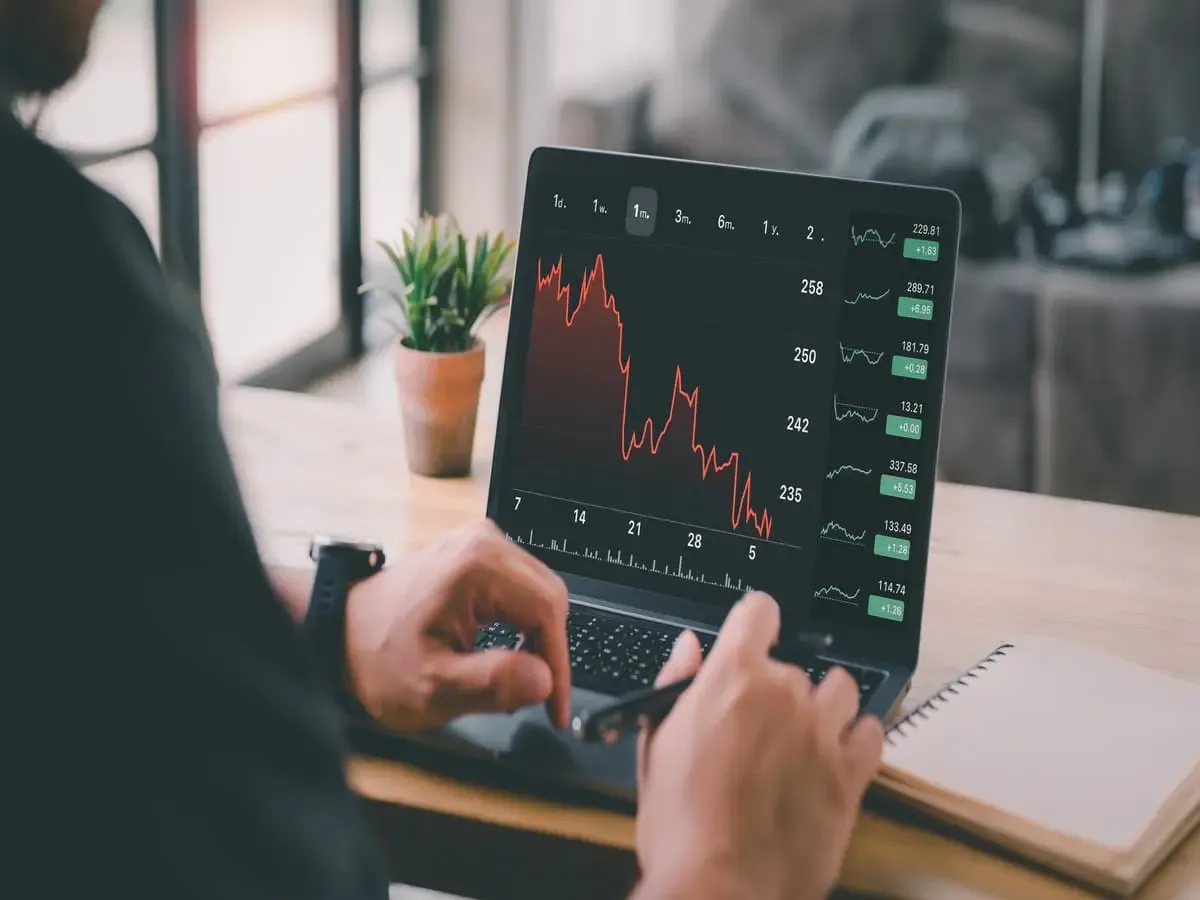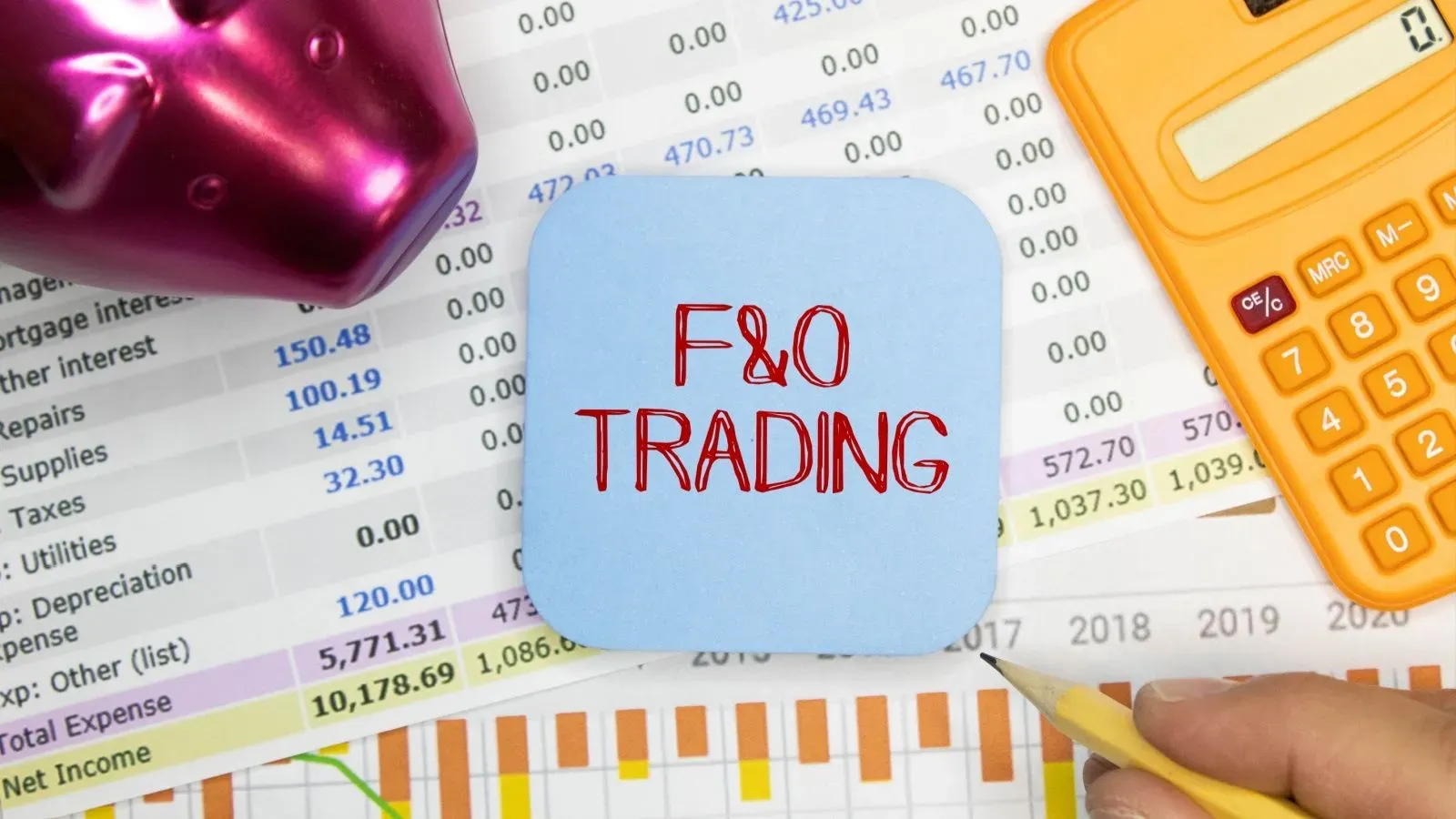The ultimate guide to gold options: Different investment options, benefits, and risks
Written by Upstox Desk
Published on February 10, 2026 | 6 min read

Summary:
Gold is one of the most precious and sought-after metals in India. However, buying and storing physical gold can be costly, risky, and inconvenient. That’s why many investors are turning to gold options. In this article, we will provide you with an overview of gold options, including their different types, benefits and risks.
Gold holds a special place in the hearts of us as it symbolises love, prosperity, and blessings. Indian families buy gold during occasions like Diwali, weddings, and other occasions and pass it down through generations as cherished heirlooms.
It's no wonder that gold prices often become the topic of discussion at our dinner tables due to their rising prices. In 2023, the cost of 10 grams of gold is INR 59,390 for 24 carats, which is 8% higher than the previous year. While physical gold holds sentimental value in our homes and is deeply rooted in our traditions, the market offers both affordable and lucrative alternatives for gold investments, such as gold options.
In this article, we will explore gold options in detail, covering various gold options trading, potential benefits, and risks.
What are gold options?
Gold options are like agreements that allow you to either buy (known as a 'call' option) or sell (termed a 'put' option) gold at a specific 'strike price' by a certain date. For instance, if you secure a call option with a strike price of INR 50,000 for 10 grams of gold, you're locking in the right to purchase gold at that rate. Conversely, with a put option, you're locking in the right to sell at that rate.
To obtain either of these rights, you pay a fee called a 'premium'. If gold prices rise beyond your strike price, and you have a call option, you can buy gold at the cheaper rate you locked in. If you have a put option and prices drop, you can sell at a higher rate. This way, you can invest in the gold market without actually owning any gold.
Types of gold options
Gold options are a versatile investment tool that can be used for a variety of purposes. Here is a breakdown of the different types of gold options and how they can be used:
-
Call options and put options
As mentioned earlier, call options give you the right to buy gold, while put options give you the right to sell. They're fundamental choices for investors looking to navigate the gold market.
-
American and European options
American options offer the flexibility to be exercised any time before they expire, whereas European options can only be exercised at their expiration date. They are also typically less expensive than American options due to this restriction.
-
Exotic options
These are less common and can have unique structures tailored to specific investment strategies, though they aren't as widely traded as the standard options.
Gold options trading in India
In the evolving financial market, there are now various platforms and instruments to trade and invest in gold. Here are some of them:
Multi Commodity Exchange (MCX)
The MCX is India's leading commodity exchange. Here, you can trade gold options along with other commodities. It's a platform where buyers and sellers come together to trade based on predictions of gold prices in the future.
Gold ETFs on NSE and BSE
Exchange Traded Funds (ETFs) are like mutual funds but trade on stock exchanges similar to individual stocks. Gold ETFs, available on the National Stock Exchange (NSE) and the Bombay Stock Exchange (BSE), allow you to invest in gold without owning the physical metal. Instead, you own a gold equivalent in paper form.
Sovereign Gold Bonds (SGBs)
Introduced by the Government of India, SGBs are an alternative to holding physical gold. When you buy an SGB, you get a certificate indicating your ownership. These bonds not only track the price of gold but also offer an additional fixed interest. They can be traded on the NSE and BSE.
Benefits of investing in gold options
Investing in gold options can be a great way to protect your wealth and generate income. Here are five of the key benefits:
- Affordability: Investing in gold options often requires a lower initial investment compared to buying physical gold. For instance, when you buy a gold option, you only pay the premium, which is a fraction of the gold's actual price.
- Flexibility: Gold options provide the flexibility to capitalise on price movements without the obligation to buy or sell. You have the choice to exercise the option or let it expire.
- No storage concerns: Unlike physical gold, which requires safe storage and can incur additional costs, gold options eliminate the need for storage, insurance, and security.
- Potential for high returns: The leverage provided by options means that a relatively small price movement in gold can result in a significant percentage gain or loss on your investment.
- Diversification: Gold options can be a valuable addition to a diversified investment portfolio, offering a different risk and reward profile compared to stocks and bonds.
Risks associated with gold options
Investing in gold options, like any financial instrument, comes with its set of risks. Here's a brief overview to help you make informed decisions:
-
Market volatility
Gold prices can be unpredictable. Factors like geopolitical tensions, interest rates, and currency strength can cause sudden price swings. If you're not prepared, these fluctuations can lead to significant losses.
-
Expiration dates
Options have expiration dates. If the market doesn't move in your favour within that time, your option could expire worthless, leading to a total loss of the premium paid.
-
Complex nature
Gold options can be intricate. Understanding terms like 'strike price', 'in the money', or 'out of the money' is crucial. A lack of knowledge can result in poor trading decisions.
-
Leverage effects
Leverage in options means you're controlling a larger amount of gold with a relatively small investment. It's like putting a small down payment to control a more expensive asset. While it can lead to higher profits when the market moves in your favour, it can also result in significant losses if the market moves against you.
-
Liquidity concerns
Not all gold options are actively traded. Some options might have low trading volumes, making it harder to enter or exit positions. This can lead to less favourable prices when you try to close your position.
Wrapping up: Key takeaways
- Gold options are a versatile investment tool and can be used to hedge against risk, speculate on future price movements, or generate income.
- Investing in gold options can be more affordable and flexible than buying physical gold as you only pay the premium, which is a fraction of the gold's actual price.
- It is important to familiarize yourself with the risks associated with gold options before investing.
About Author
Upstox Desk
Upstox Desk
Team of expert writers dedicated to providing insightful and comprehensive coverage on stock markets, economic trends, commodities, business developments, and personal finance. With a passion for delivering valuable information, the team strives to keep readers informed about the latest trends and developments in the financial world.
Read more from UpstoxUpstox is a leading Indian financial services company that offers online trading and investment services in stocks, commodities, currencies, mutual funds, and more. Founded in 2009 and headquartered in Mumbai, Upstox is backed by prominent investors including Ratan Tata, Tiger Global, and Kalaari Capital. It operates under RKSV Securities and is registered with SEBI, NSE, BSE, and other regulatory bodies, ensuring secure and compliant trading experiences.






















